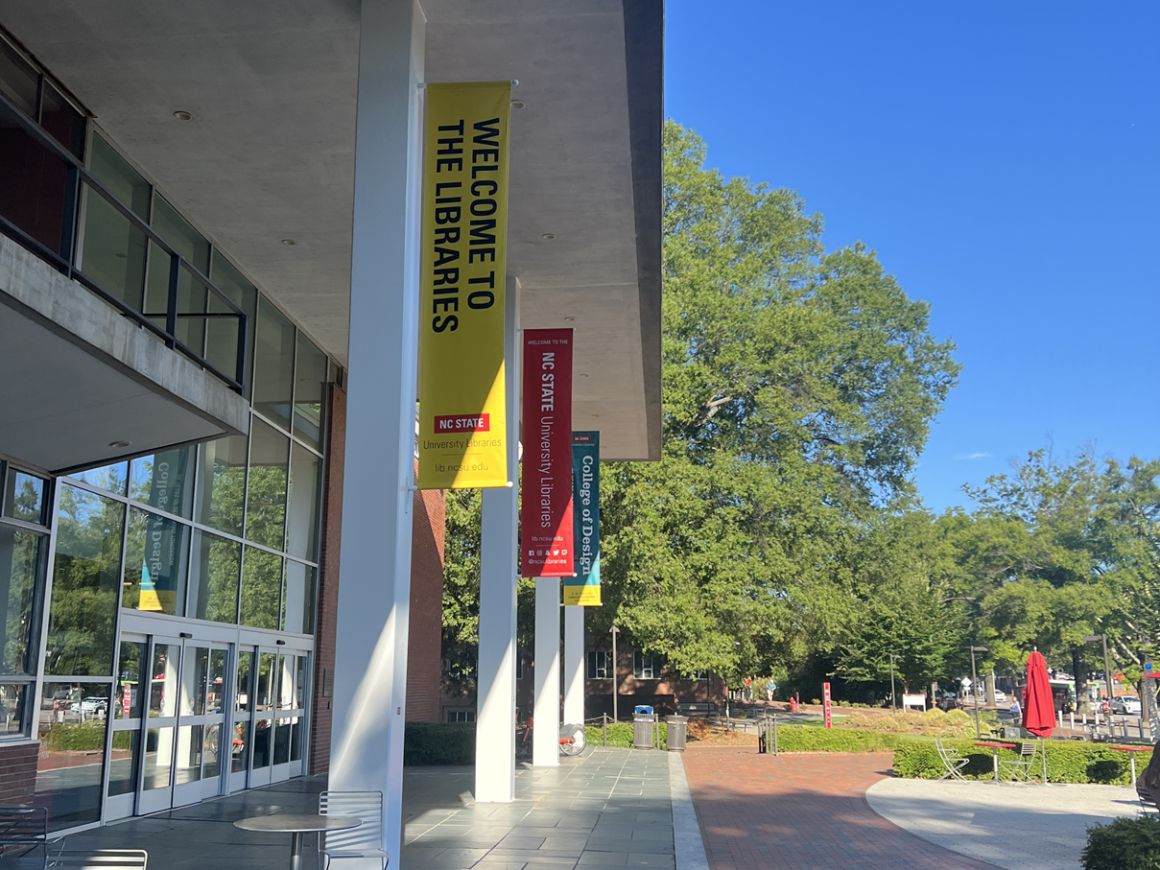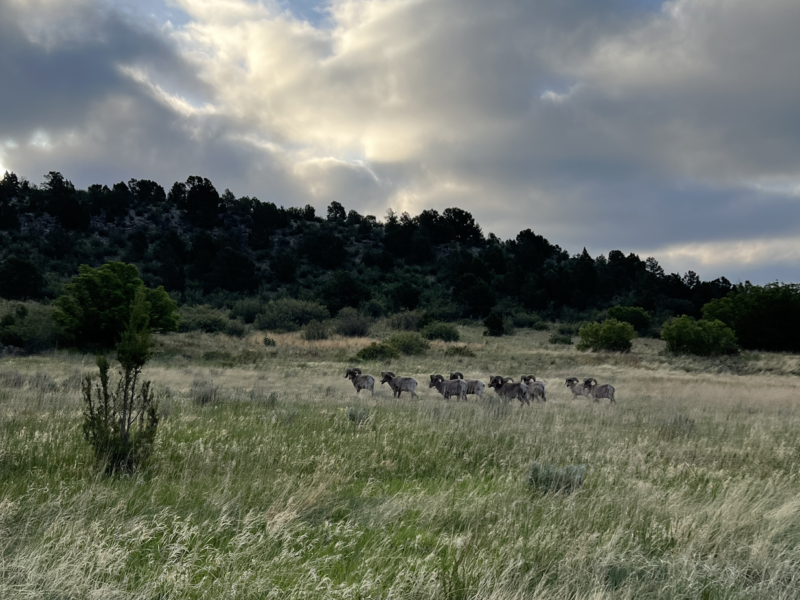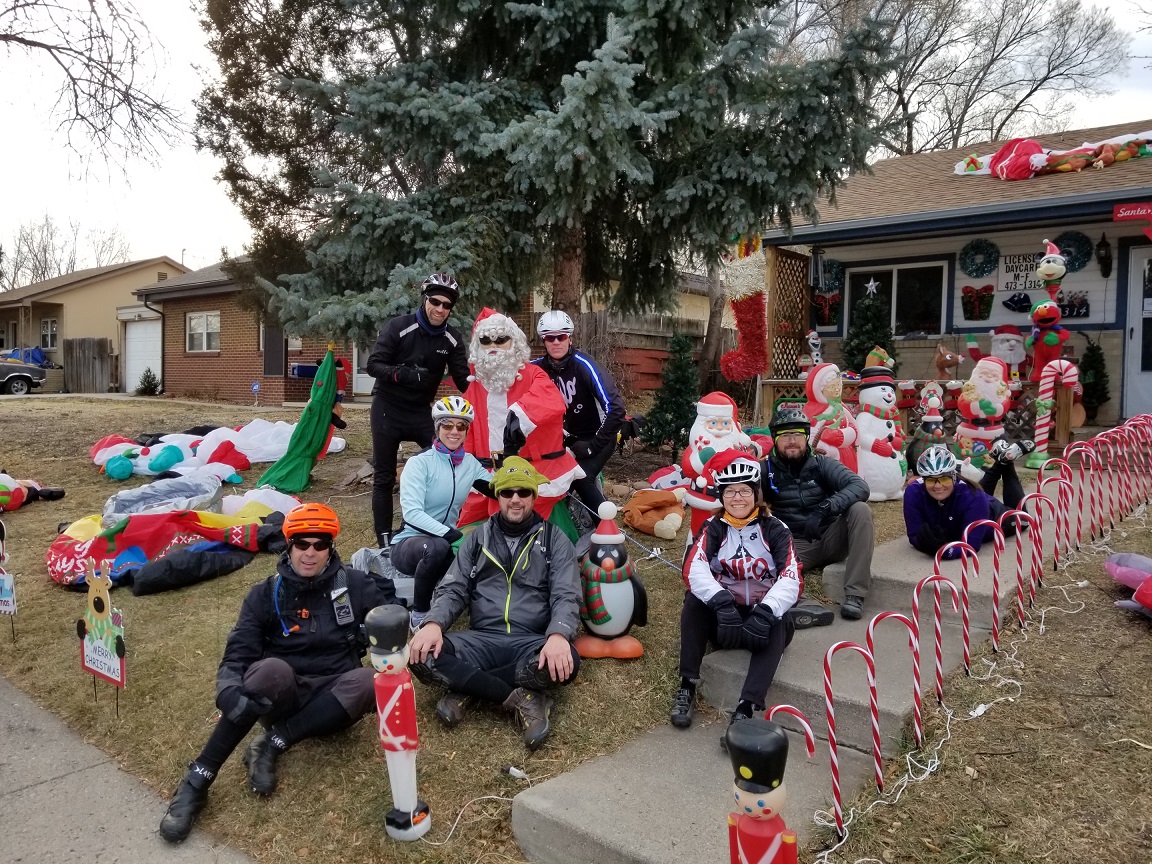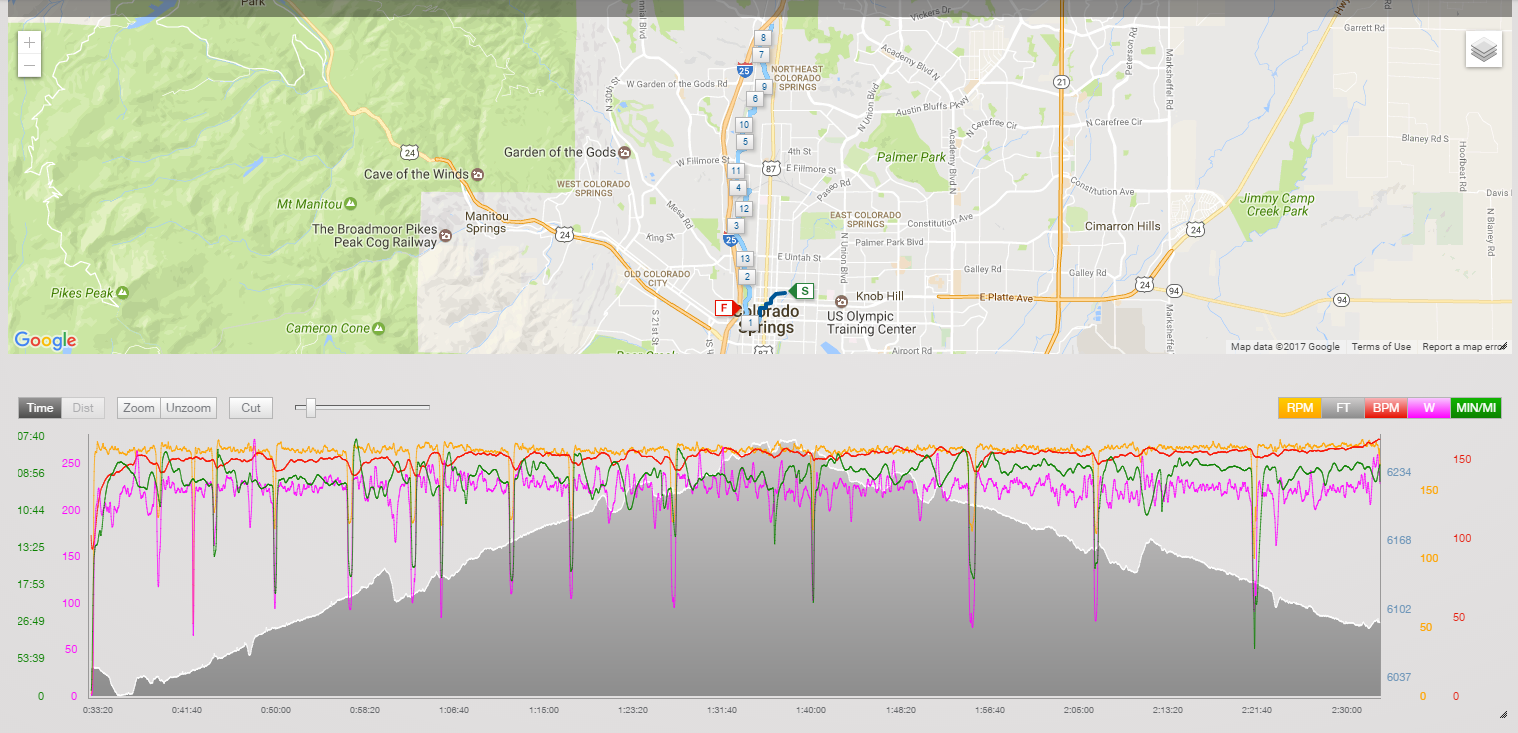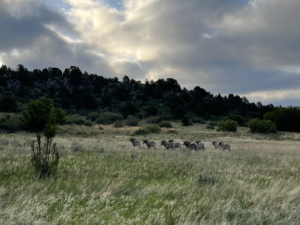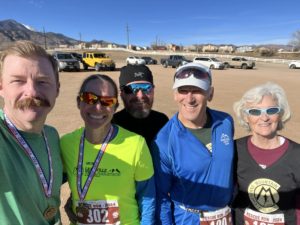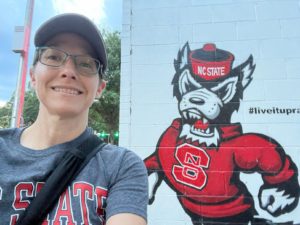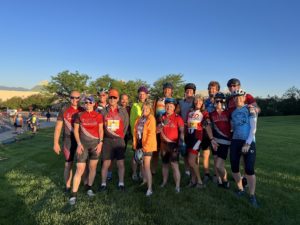“Comps” or “Prelims” are one of the rites of passage for PhD students. After the coursework stage, to gain the status of PhD Candidate, most programs have some kind of exam process. Our program structures them with us receiving a question from each of our committee members. My exam was structured for me to get one question per day and a 10-hour window to draft and submit my response. We have a little flexibility on when we get each question and I opted to get mine on Monday, Tuesday, Thursday, and Friday. Wednesday was to be a mental rest day. While I’m writing this more as advice for other graduate students in my program on how to structure their comp week, I think anyone who needs to spend some time deeply focused on a task could benefit from the strategies. I felt well prepared to handle the stress of the week and was able to stay focused and relatively fresh each day. My results aren’t in yet, so I can’t comment on “crushing the exam,” but I feel like I nailed the process.
Pre-comp preparation – have structured study time
I highly recommend reading or listening to Cal Newport’s book Deep Work well in advance of your exam. (It’s on Spotify audio books and I’m guessing available on library apps as well.) He’s also got podcasts and some more recent books where the principles are discussed, if the topic is of more interest to you. The principles of Deep Work very much apply to these exams because as a student, our job is to be focused and to think deeply about our responses to each question.
I had about six or seven weeks to seriously prepare in the summer after talking to all my committee members and getting information on what I should prepare for. Once you’ve talked to your committee and have your question topics, be structured with your study time. Block time on your calendar for when you are going to work on each question. This is to keep that time protected – otherwise it could slip away by other “busy” tasks that don’t require focused work. I created a Google doc for each question. Here I captured bullet points of my thoughts, ideas, and relevant citations. I organized the papers relevant to each question in separate collections in my citation manager (Zotero) so that come exam week they would be easy to reference. This preparation phase provided me with ample opportunity to practice my focusing strategies.
Decide on a distraction-free workspace
I decided the best place for me to work on these questions would be the library. My apartment is rife with distractions and I don’t have a good, comfortable workspace (intentionally). Because the library is quiet and most people there are studying, it was my ideal environment. I started with reserving study rooms the first day, but realized I didn’t need that pure isolation. The rest of the days I just went to designated quiet rooms, put on headphones and listened to a focus-oriented playlist on Spotify. (I clicked on one called ADHD Focus Music 2024 and ended up using it every day.) Test out spaces ahead of time if you aren’t sure what your best environment is.
Eliminate decisions and other tasks during exam week.
For those who know my coaching background, you may know that one of my strategies for preparing for a race is to make sure to plan all the logistics for the event starting a few days before the race. The less you have to think about when, what, and where, the more you can focus on the task at hand. The things I did were:
- I pre-made lunch and snacks for Monday and Tuesday on Sunday and assembled those for Thursday and Friday on Wednesday. An investment in an insulated lunch bag with an ice pack was well worth it, as I didn’t have to worry about finding a refrigerator. My meals contained a good amount of protein so that I wouldn’t be dealing with blood sugar spikes and crashes.
- I made healthy dinners ahead of time so I wouldn’t have to cook or figure out takeout when I was tired.
- Did you pick out your clothes the night before school when you were a kid? Do that as well.
Have a morning routine
I started my day with about 30 minutes of light exercise (jog or strength training), then had a solid breakfast with plenty of protein. I made coffee in a single-serving french press to take with me. Caffeine is something I use sparingly in my normal everyday routine, so my intention was to have one cup coffee that would help with the focus, but not make me jittery. To avoid thinking too much on the upcoming day, I kept my mind occupied while I was getting ready with easy to digest podcasts. Listening to music could work there, too.
Remove distractions.
No phone!
If you usually work with your cell phone in view, get used to working with your phone in a desk drawer, your backpack, or even another room if you are working from home. I deleted social media apps from my phone to remove any temptation of “just checking” in a break that could lead to prolonged distraction. My phone is normally on silent, but I have a Garmin watch that receives push notifications, so I made sure to turn off non-critical notifications that are usually on.
Don’t check email
I set up an out of office reply for the week so people would know I’m working on other things and would not be able to respond until the next week. (ChatGPT can help you write a creative one!) The only time I had my email open was at 8am to get the question, and again at 6pm to submit my response. If you need access to personal or non-school related email for other obligations, that should probably only be done in the evening, after you submitted your response.
Incorporate movement breaks
Movement breaks can help your brain process information better. Make sure your plan for the day is not just you sitting at a desk all day. Take walk breaks! Get outside and walk around the block. I bike commute so I had a 10-minute bike ride to the Hill library where I would start my day. After lunch I rode my bike to the Hunt library for my afternoon session. Before my final push I then rode home or to a coffee shop close to home to finish out the day. These movement breaks got me outside and gave my brain time away from a screen, and it got my heart rate up a bit, which is also a nice stress reliever.
Have a mindless evening routine
No doubt, I was exhausted at 6pm. But because I already had dinner made, I just had to heat it up. I also had a pre-planned activity that would keep my mind from ruminating on what I had just submitted. My exams happened to take place during La Vuelta a España bike race, so I streamed the stage from the day and was a potato on the couch for most of the evening. Around 7:30 I’d go for a 20-30 minute walk around my neighborhood, and then get everything around for the next day. At 8:45 I’d have a call with my husband, and was in bed by 9:30pm.
My day off
Wednesday was my “recovery day” and I made sure it was such. I slept until my body woke up – no alarm. I avoided a computer screen as much as possible. My daily workout was slightly more substantial, but nothing that would leave me super fatigued. I cleaned my bike, ran some errands, and prepared my mealsfor the back half of the week. Lastly, I sat on the couch and watched more of La Vuelta.
Some additional considerations of my circumstances
I highly recommend doing whatever you need to minimize your outside of exam obligations. Everyone’s schedule, household, and non-school obligations are different. For example, I live by myself while at school and my pets are in Colorado. If you have partners or roommates, discuss what your needs are in advance so they know the level of focus that you need for your exam days.
My exam week was a successful one from the stress, focus, and energy management perspective. (Which hopefully resulted in a successful exam outcome!) I hope your experience is successful as well!

